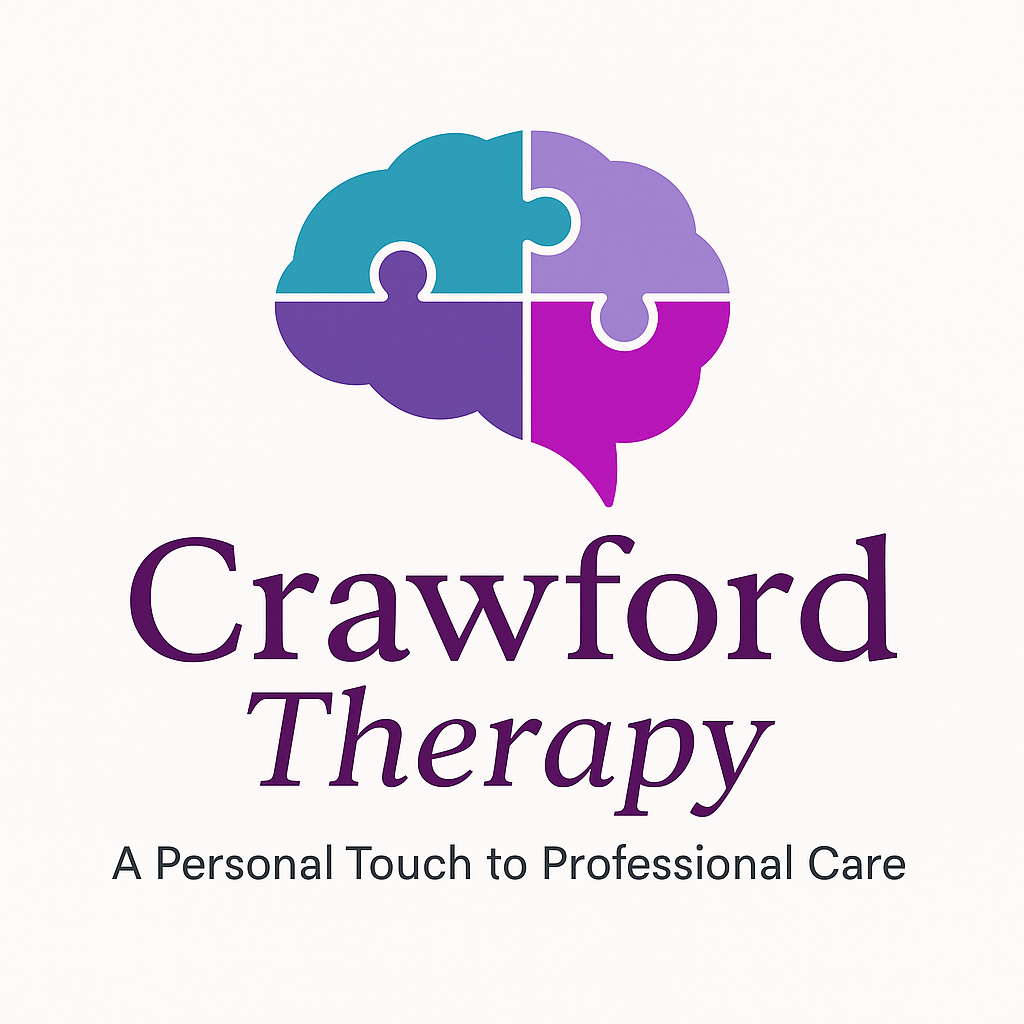What is Body Image?
Body image refers to how you perceive, think, and feel about your physical appearance. It covers a person’s perception of key bodily features—such as weight, shape, size, and attractiveness—and the degree of satisfaction or dissatisfaction they feel about them. A healthy body image involves acceptance and respect, while a negative one can lead to distress, self-consciousness, or avoidance of social situations.
How Body Image Affects Your Life
Body image concerns can impact daily life in significant ways: avoiding social events, constantly comparing yourself to others, and feeling distracted or anxious about appearance. Those struggling may experience low self-esteem, disordered eating behaviours, or withdrawal from activities they once enjoyed. Over time, these patterns can affect mood, confidence, relationships, and overall well-being.
